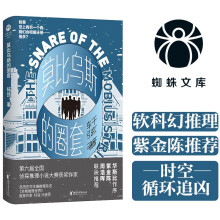《第三届“利玛窦与中西文化交流”国际学术研讨会论文集》:
The first one is a type of action with the object.This connection creates I in the action,as an author of this action.But I appearing here is deeply influenced by the object,we can conclude,that somehow I depends on the object,as far as this object is an object of the action.The structure of action connecting I and it Buber describes as some kind of pragmatism,where I using an object—appears only as a source of this action which makes I quasi—subject.I knows about itself only this,what knows about the action and its object,nothing more.
The second type of activity is the relation: I and Thou,known from the title of Buber's book.Here at the meeting of Thou(You)starts I with a subjective self—conscience.This is completely different than action because of three main causes.
The first one: the figure of I is able to self—understand through the perspective of relation/dialogue.It means that object is no longer so important in subjectivisation of I,as it is in the cotext of action with the object it.I can see self in the relation,and so has ability to undercover own subjectivity and own character from the subjective perspective,not only as the user(in the pragmatic meaning)of some kind of object—it.In relation to Thou,I is subjective because of meeting different intentions,what is possible only in the perspective of dialogue.
Here is the second cause: I meeting Thou is meeting also different intentions with all the difference hidden inside them.This difference means,that meeting is not using an object,like it can be used in meaning known from theory of Martin Heidegger(an author of Being and time writes about the perspective of using the tool,which is necessary to do something…,what was criticized by Buber in the context of relation I and Thou).Buber suggests that meeting of I and Thou is a meeting on equal sphere of their difference,because I only with respect for the difference of Thou is finding the own identity.I knows better self,not exactly as a negation of surrounding world,as proposed Fichte,but in the way of finding a dialogical way of relation to Thou and all difference of the world of Thou.
……
展开










